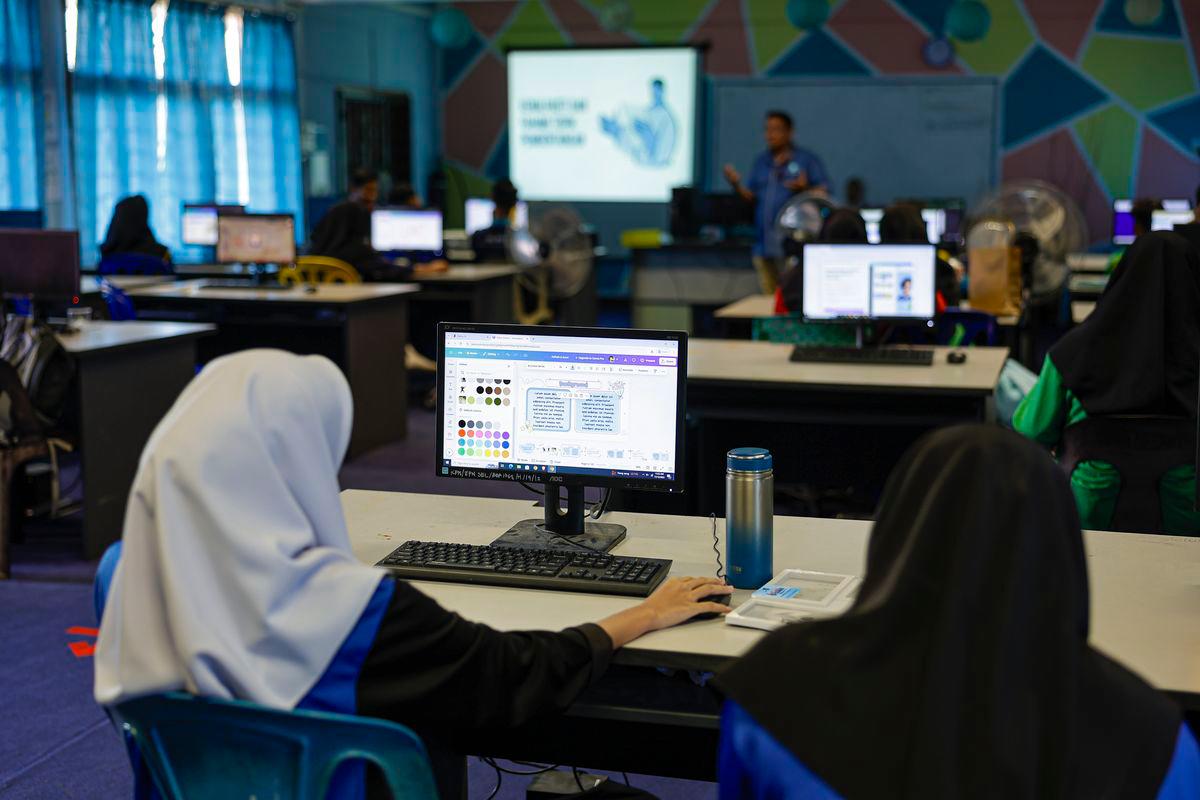PETALING JAYA: With global student mobility shifting amid tighter US restrictions, Malaysian universities have a golden chance to strengthen twinning programmes and position the country as a top regional education hub, said Malaysian Association for Education president Dr Mohd Majid Konting.
He said it was timely for local universities, especially private institutions, to expand and deepen their international collaborations to attract global talent and reinforce the country’s role in regional higher education.
“This is an opportunity for Malaysia and it’s in line with the National Higher Education Strategic Plan and the Malaysian Education Development Blueprint.”
Majid said the higher education sector already has a strong pool of expertise, with more than 60,000 academic staff across public and private universities capable of developing and managing international-standard curricula for twinning programmes.
He added that many retired academics from top research universities continue to serve in private institutions, bringing decades of experience that can be harnessed to co-develop and strengthen global collaborations.
“With government support, these experts can help expand not just twinning programmes but also other academic partnerships that position Malaysia as a global education provider.”
However, Majid said greater coordination, effective management and supportive policies are needed to ensure the success and sustainability of such collaborations.
“Strong leadership is essential to align differing institutional visions and maintain smooth operations between partner universities,” he said,adding that local industries play a crucial role in supporting talent development through internships, research collaborations and mentorship.
“Sustainable investment is also key to ensuring long-term success. The best investment lies in talent development and industries that benefit from globally trained graduates should continue to provide opportunities and resources to strengthen such programmes.”
Universiti Teknologi Mara (UiTM) academic development director Assoc Prof Dr Suriyani Ariffin said Malaysia has long positioned itself as a regional hub for higher education.
“Expanding twinning programmes can further reinforce this standing.
“Students gain valuable exposure by studying at partner universities abroad, allowing them to immerse themselves in diverse academic environments and cultural contexts.
“Through structured credit transfer arrangements with the host university, their academic achievements are formally recognised and integrated into their study programme.”
Suriyani added that local industries are becoming more receptive to collaborating with universities on such initiatives, given the growing demand for globally competent graduates.
“Twinning creates a shared platform for universities and industries to co-develop talent pipelines that benefit both sectors.
“Our cultural diversity, political stability and cost competitiveness make the country an attractive choice for global students.”
She added that the approach also helps students build global networks and gain a deeper understanding of international industry standards.
“UiTM has implemented various twinning and mobility programmes that allow students to broaden their academic exposure while earning credits recognised as part of their study plan.
“The Higher Education Ministry has consistently supported efforts to enhance international collaboration in higher education. It can further help by easing regulations, building global education frameworks and offering incentives to strengthen partnerships.”









